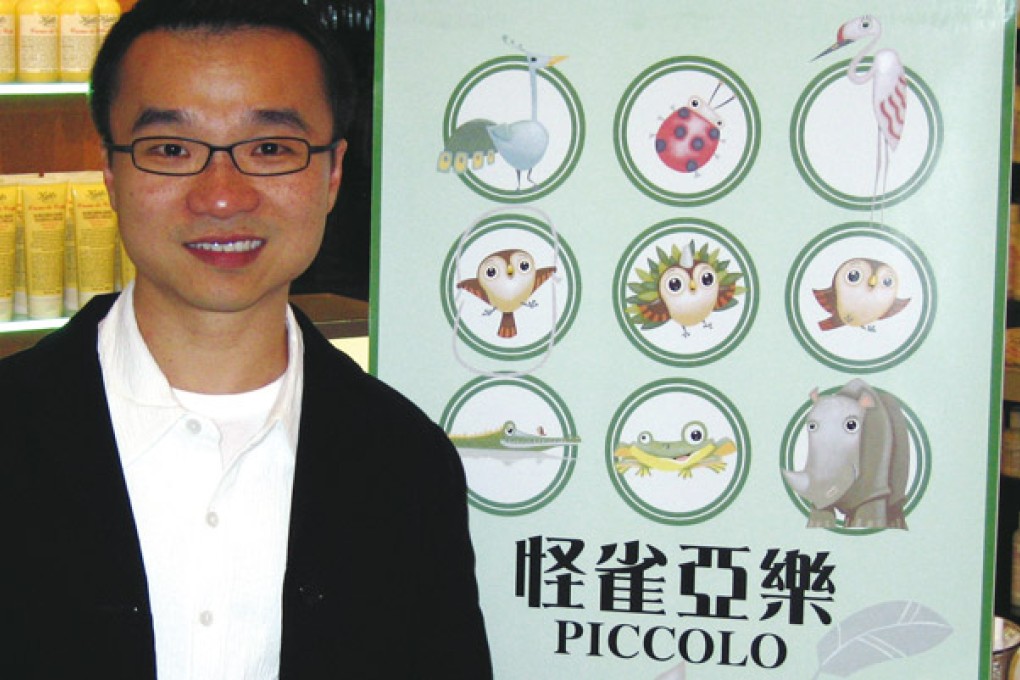Cartoonist, Raman Hui
Hollywood-based, Hong Kong-born cartoonist Raman Hui is directing "Shrek 3," and has worked on some of the world’s most entertaining animations, including “Shrek,” “Shrek 2” and “Antz.” Hui talks to Victor Chau about animating and his new cartoon book, "Picocolo."

Many cartoonists look a bit comical and childlike. I take it as a compliment. Cartoonists also behave like children sometimes, though this trait is not a must.
I grew up in a single-parent family. My mother raised three of us. She supported me on getting a job in the States because she thought I would stay there for a year or two only.
In 1989, the year of the Tiananmen Square massacre, I took a three-month course in animation in Canada. It was a big change for me. When I arrived, people asked me if Hong Kong was okay. Many people didn’t know Hong Kong was far from Beijing.
I started my career as a junior animator in PDI (Pacific Data Images), which was then bought by Dreamworks.
The biggest difficulty I faced was the language barrier. I couldn’t speak English very well. Another problem was a drastic change of lifestyle. Hong Kong is a busy place. But the place I lived, Silicon Valley, was so quiet that if you see someone walking down the street at night, you should feel worried.
After spending more than 10 years in the States, I do think about working in Hong Kong often. In fact, I was transferred back to Hong Kong last year. I enjoyed it very much.